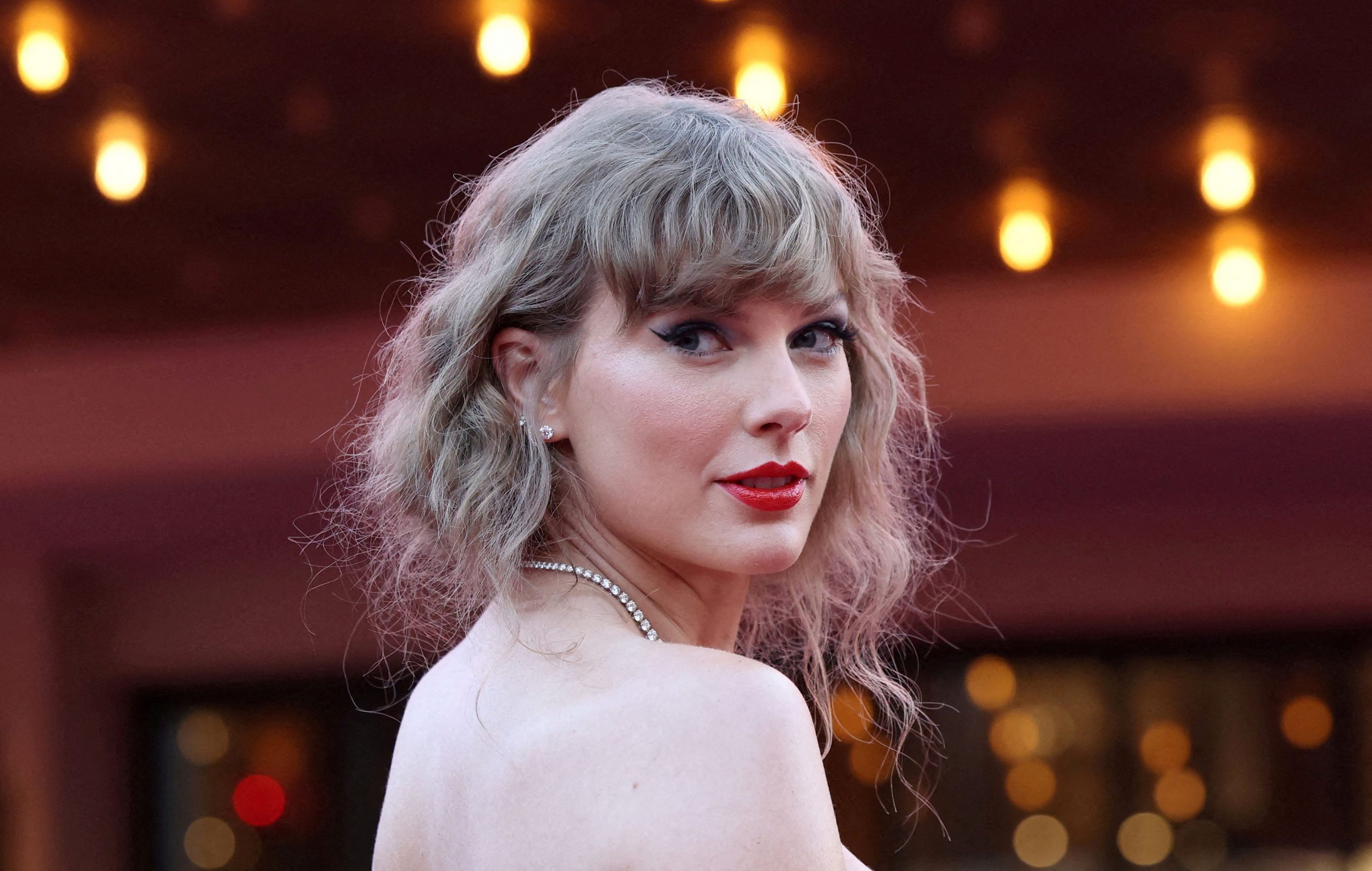Taylor Swift’s rerecording of her blockbuster “1989” album sold more copies in its first week than the original following its 2014 debut, the first time one of the pop star’s re-dos has topped her first takes.
“1989 (Taylor’s Version)” sold 1.65 million copies across formats in the U.S., according to Luminate Data, formerly Nielsen Music. That landed it atop the Billboard 200 albums chart with the biggest sales week of the year—and the biggest sales week for any album since Adele’s “25” in 2015. It also broke Swift’s own all-time first-week sales record.
Releasing a new version of “1989,” which contains some of her biggest hits—“Blank Space,” “Style” and “Shake It Off”—is a critical part of Swift’s effort to take ownership of her early catalog. “1989,” the album that launched Swift into a new stratosphere of sales and fame, has so far this year accounted for more than one-third of total streams of her music catalog that she doesn’t own.
“The purpose of the rerecord project was to reclaim her art,” said Nathan Hubbard, chief executive of artist partnership company Firebird Music Holdings and co-host of the Ringer’s “Every Single Album: Taylor Swift” series. “That’s why this is such an important release from a business perspective, and the preliminary numbers we are seeing one week in all point to the same conclusion: mission accomplished.”
Swift has been recording nearly identical covers of her early albums as part of a long legal tussle to control her back catalog and musical legacy. She grew frustrated after attempting unsuccessfully to buy the master-recording copyrights to her first six albums as they changed hands twice against her wishes. They ultimately landed with Los Angeles-based investment firm Shamrock Capital Advisors in late 2020.
Rerecorded versions of her “Fearless” and “Red” albums, both released in 2021, are outstreaming their original counterparts at a ratio of 3 to 1, according to a Journal analysis. Streams of the original “Speak Now” album are down by half since the rerecorded version was released in July, according to Luminate.
Shamrock didn’t respond to requests for comment.
The success of Swift’s project has inspired other artists to consider rerecording their own work, music lawyers and managers say, though such undertakings are becoming increasingly difficult. Universal Music Group, the world’s largest music company and Swift’s label home, has been reworking its record deals to block artists from rerecording their music. Universal distributes Swift’s recordings, new and old, and benefits from all of her music.
Selling over a million copies in a week has always been a badge of honor for the most commercially successful artists, and is even more of a feat in the streaming era. Swift is the only artist to sell at least a million copies in a single week for six different albums.
Much has changed in the near-decade since the original “1989” first came out, with streaming on services such as Spotify and Apple Music surpassing CD and digital download sales as the overwhelming way listeners consume music.
In 2014, Swift held back “1989” from streaming in an effort to juice physical and digital sales, which are more lucrative and weighted more heavily in industry chart tallies. The move helped her sell 1.29 million copies of the album in its first week.
The first week’s total represents a combination of sales of physical and digital copies as well as streams. It takes 1,250 on-demand audio and video streams, or 3,750 ad-supported streams, to equal an album sale, or what’s referred to as a streaming-equivalent album.
Swift has trained her fan base to buy physical copies of her albums, often in multiples as she offers special editions in different colors or with add-ons such as bonus tracks or exclusive photos. “1989 (Taylor’s Version)” comes in 15 different collectible formats across vinyl, CDs and cassettes.
“1989 (Taylor’s Version)” broke the modern-era vinyl sales week record, with 693,000 copies. That helped Swift tally her single largest traditional sales week for any of her albums, with 1.36 million physical and digital download copies sold.
Swift has rallied her fans behind her rerecording effort, explaining why ownership of her music matters. The rerecords hew as close as possible in sound to the originals, with Swift and her producers working to make carbon copies.
Streaming services and radio stations have replaced the old version with the rerecords on playlists, and promote them as new releases. She’s also motivated fans to tune into the new albums by releasing never-before-heard “vault” tracks—songs she wrote around the time of the original but didn’t make the album’s final cut.
Write to Anne Steele at anne.steele@wsj.com



